Heat pump grants – what help is available in the UK?
If you're considering switching your heating system here is everything you need to know about heat pump grants
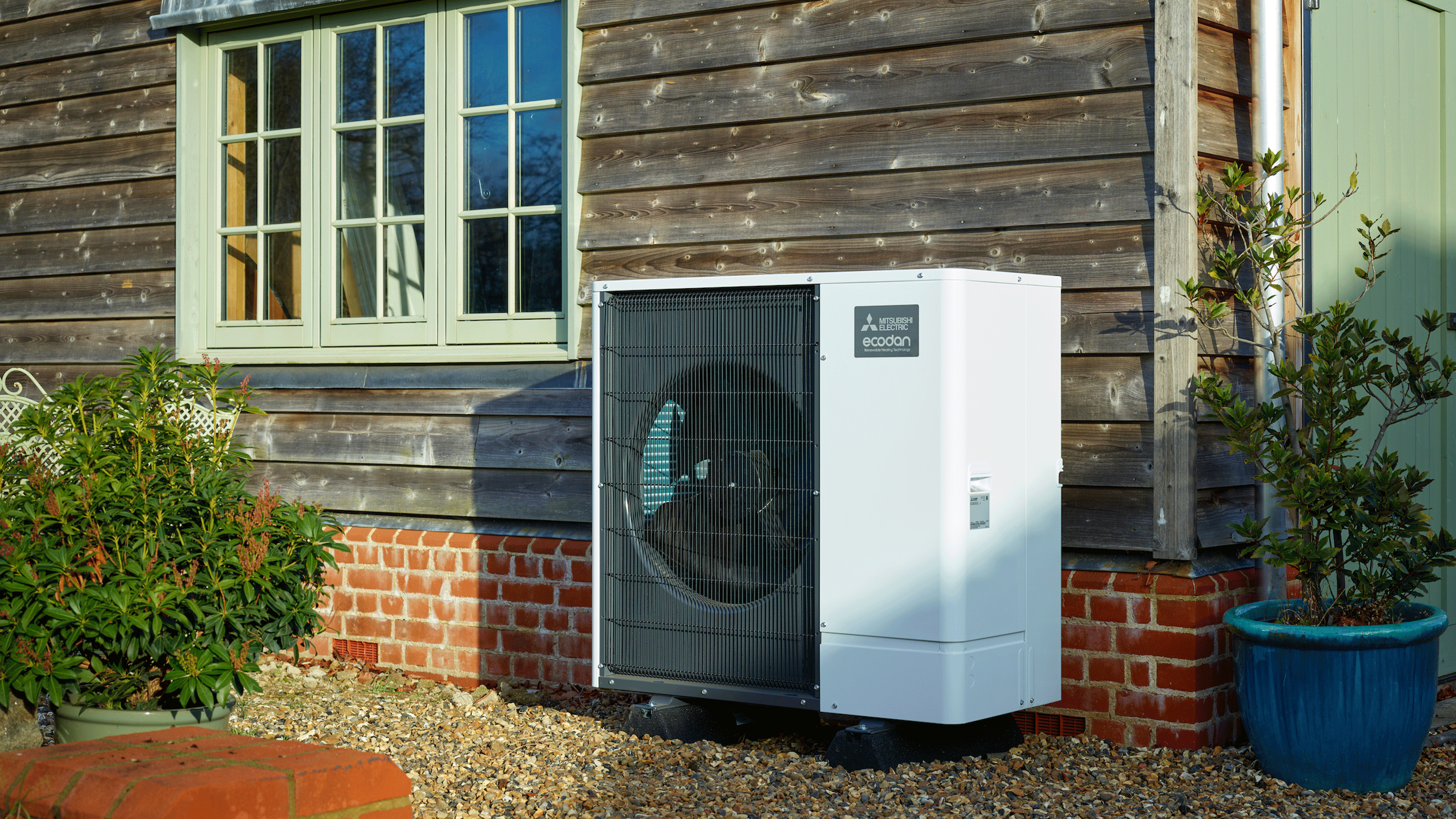

Heat pump grants have made it more affordable to transition to a new heating system. Thanks to spiralling energy costs and many of us looking to make our homes more sustainable, heat pumps have become an increasingly attractive alternative to a gas boiler.
In England and Wales, you can receive a heat pump grant of £5,000 towards the cost of an air source heat pump and £6,000 towards ground source heat pumps. However, it will still cost you more than a replacement gas boiler, but with savings on future energy bills, it will pay for itself sooner thanks to a grant.
'We expect most bills to stay approximately the same or go down very slightly at this time, especially if the gas supply can be capped off – removing the need to pay for the gas standing charge,' says Ben Whittle, Senior Consultant for Low Carbon at Energy Saving Trust.
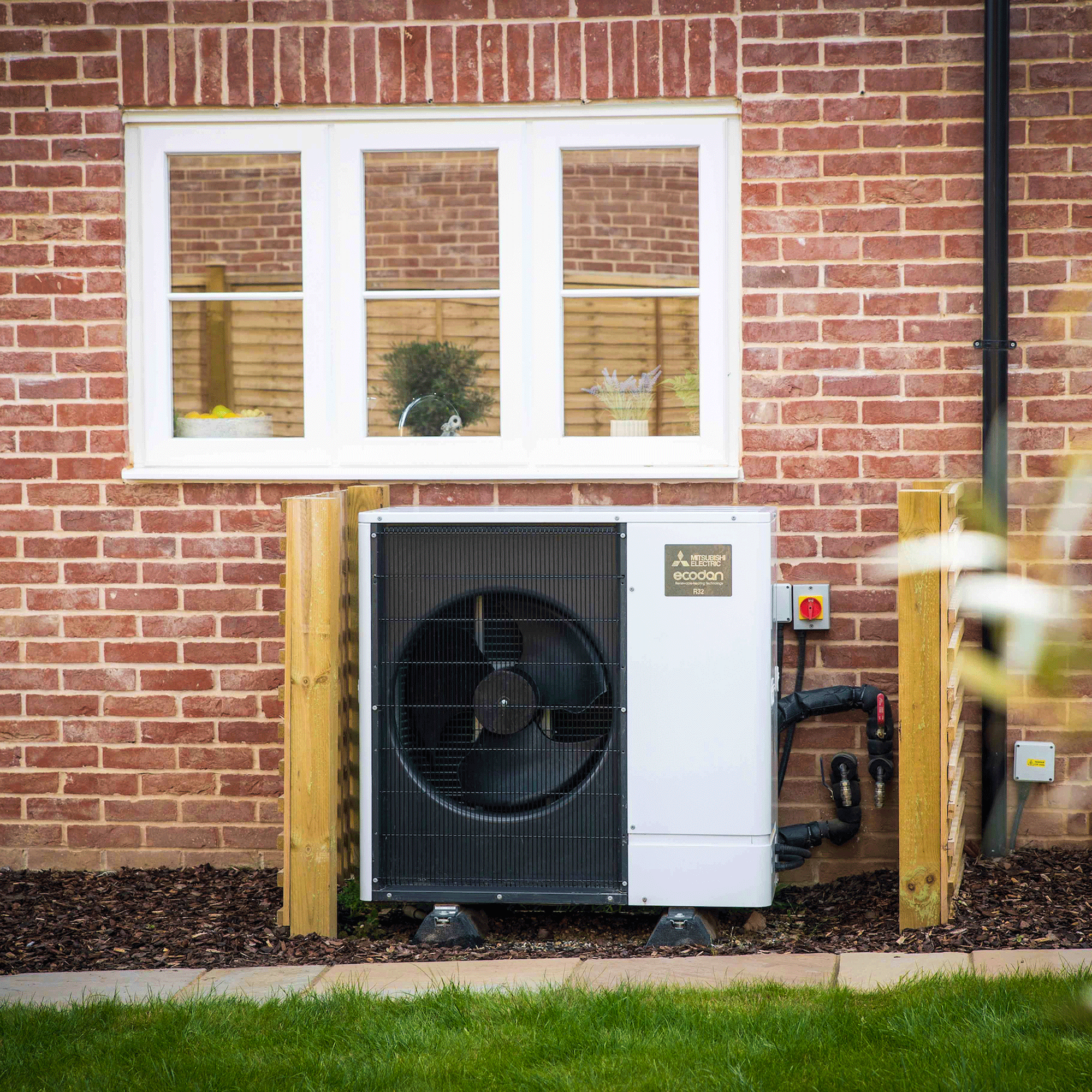
'The UK Government has indicated that it intends to ‘re-balance’ electricity and gas prices, with the specific aim of making heat pumps cheaper to operate than gas boilers in the future,' he adds.
What is a heat pump grant?
In England and Wales, you can get a Government BUS grant towards the cost of a heat pump. This doesn’t need to be repaid.
The £5,000 (£6,000 for a ground source heat pump) goes a long way towards making the transition to a heat pump affordable. The amount you pay will be more than the cost of a new gas boiler, but not loads more if you’re careful.
What types of heat pump grants are there?
Live in England or Wales? The Government’s Boiler Upgrade Scheme (BUS) gives you a grant of £5,000 towards fitting an air source heat pump or £6,000 towards ground source. The work must be done by an MCS-accredited installer.
Get the Ideal Home Newsletter
Sign up to our newsletter for style and decor inspiration, house makeovers, project advice and more.
The BUS launched in April 2022 is open until the end of March 2025 and is funded to the tune of £450m, which means it can fund around 90,000 homes to install heat pumps. That sounds like a lot, but it’s not.
The Prime Minister has announced a target of installing 600,000 a year by 2028, as part of the UK’s plan to meet its target to be net zero carbon by 2025.
'The £450m available is expected to support about 90,000 heat pumps. In the context of 20 million homes in the UK that need to get off gas during the next 15 years, it’s not much,' says architect Bob Prewett.

'The scheme looks relatively simple to follow. I would hope there is much more funding coming forward in due course, though I would expect the support on offer per install to decrease over time as the market matures.'
You may have heard of the Renewable Heat Incentive (RHI). That’s the old scheme which has now closed. BUS replaced it and is more straightforward. The new scheme gives a fixed lump sum (direct to the installer) instead of spreading payments across several years, with payments depending on the heat generated, with the RHI.
Who is eligible for a heat pump grant?
You need to own your home (or second home or rental property) and it needs an up-to-date Energy Performance Certificate (EPC) with no outstanding recommendations for loft or cavity wall insulation. You can check your current EPC online at the Gov.ukwebsite.
Your new heat pump must be replacing a fossil fuel heating system, such as a gas boiler, and heat your home and your water. Hybrid systems (that combine a heat pump with a gas boiler) aren’t eligible for BUS funding.
Should I apply for a heat pump grant?
'I would never recommend replacing an efficient, working boiler with a heat pump unless it’s absolutely necessary,' says Steve Alldritt, Technical Director at Energy Efficiency at City Plumbing.
'If the boiler is at the end of its life, or you are considering replacing it anyway, then it may be a good time to make the switch but there’s no point in replacing a working system for the sake of it.'
Energy Efficiency at City Plumbing offers a free design and estimation service for homeowners and can help you find a local MCS registered installer to carry out the work.
But if you want to apply, do so fast. As mentioned above, the BUS is in place until the end of March 2025 but the current budget is only enough to fund around 90,000 homes to install heat pumps. That’s not many homes and it’s first come, first served.
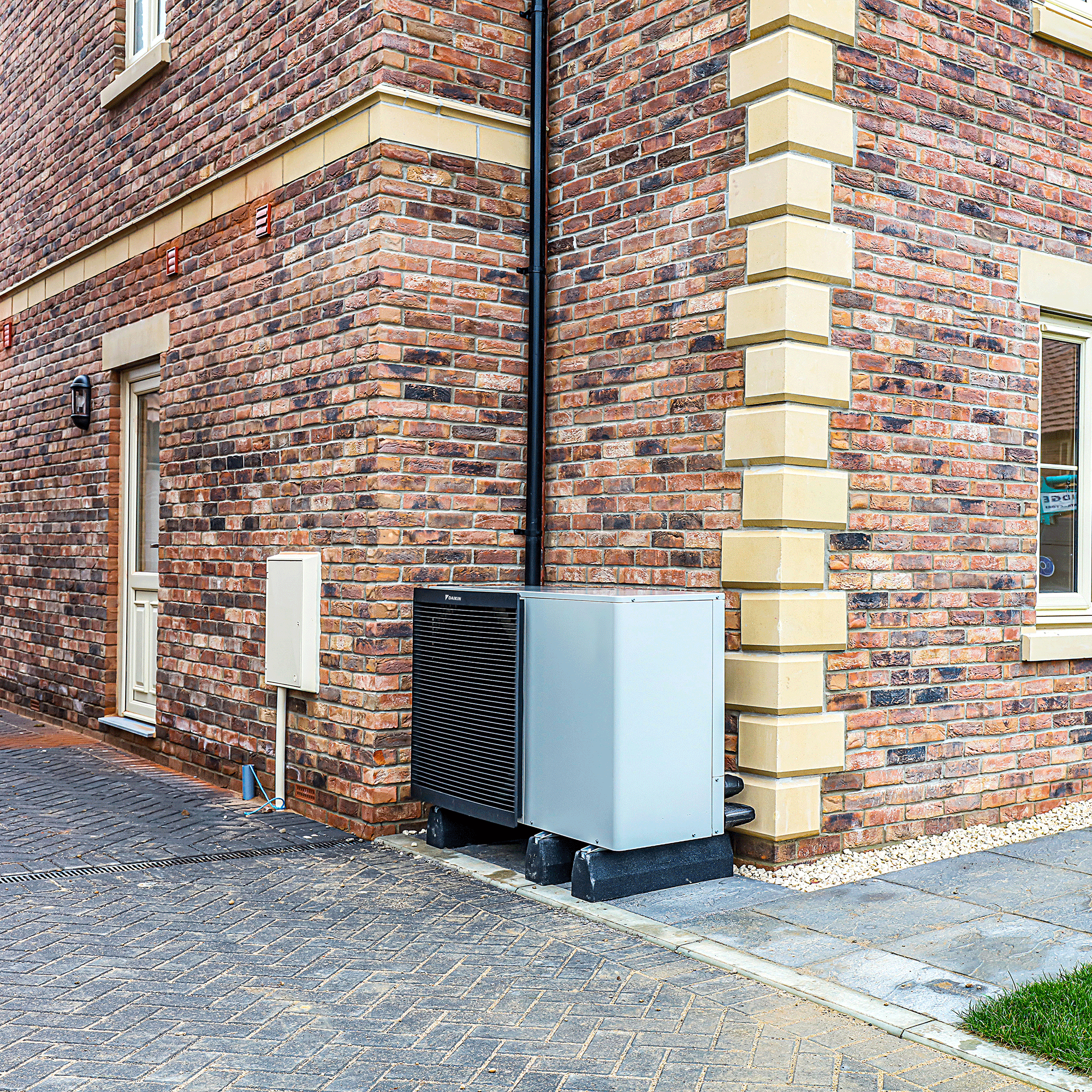
So if your boiler is working fine, it’s debatable. Apply urgently now and transition to lower energy bills and lower carbon emissions sooner. Or keep the boiler going for its natural lifespan and replace it later. You could miss out on these grants but there may be future schemes… and the cost of a heat pump should come down in the meantime.
Bob Prewett explains: 'The most important thing is to have a plan for what happens when the boiler stops working. If you have no plan then you will almost certainly buy another boiler, which will have a life of 12-15 years, and you will be locked into fossil fuel much longer.
'If your home is ‘heat pump ready’, ie the heat requirement is small enough and the radiator sizing is not a problem, then there are attractions to making the change now, with a BUS grant. The carbon emissions of your home afterwards will be much smaller and you will have the good feeling of being part of a movement towards net zero.'
Martyn Bridges, Director of Technical Services at Worcester Bosch, agrees that the BUS does not automatically mean you should upgrade now.
'Unless it is an essential need or want to install a heat pump, it is not recommended to jump at the chance of utilising the current government grant scheme, as generous as it is,' he says. 'Nor is it wise to wait for a possible future scheme. It should really depend on whether the existing heating system is underperforming or if there is a chance to install a heat pump in a self or new build.'
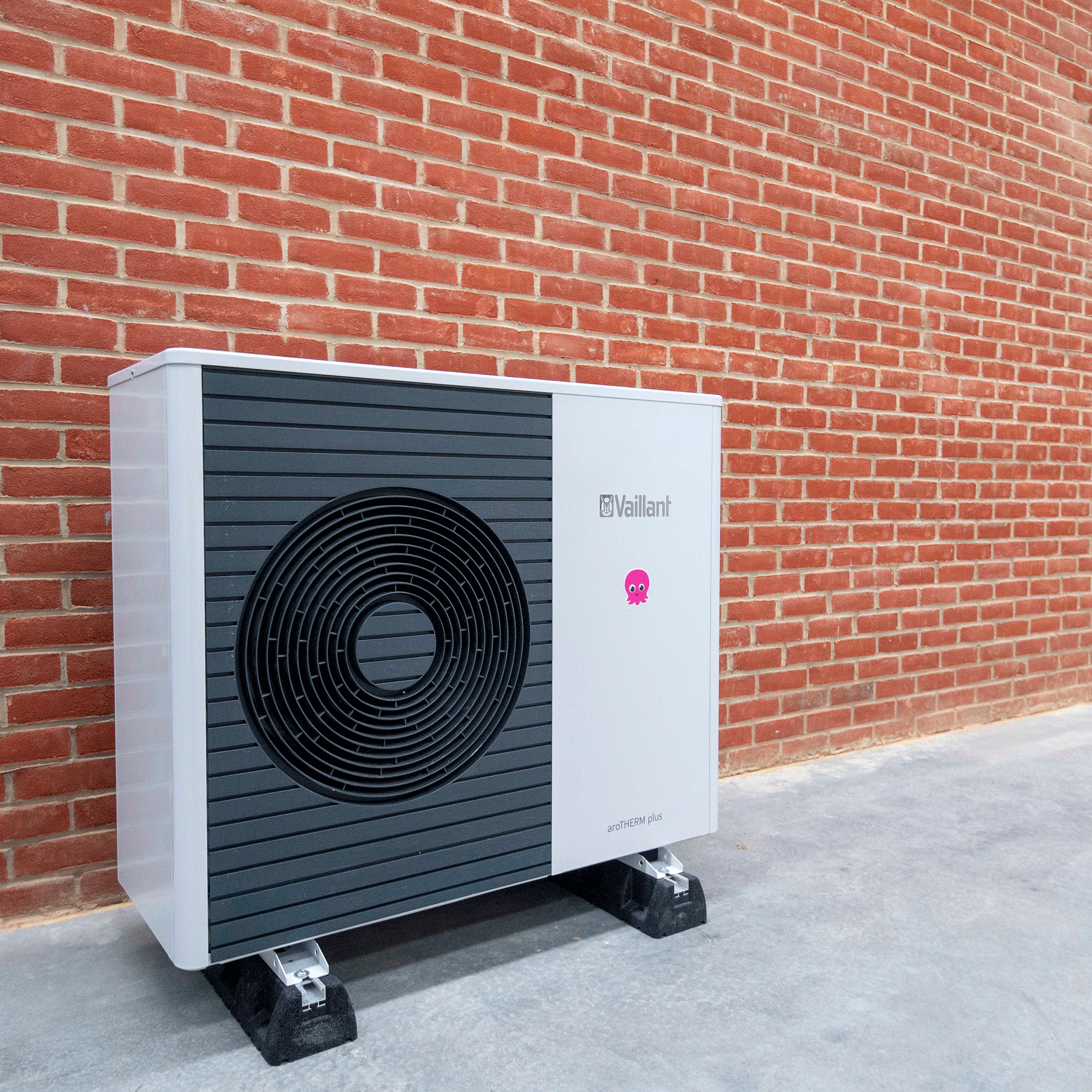
How do I apply?
'The BUS is an installer-led scheme, meaning the installer will apply for the grant on your behalf and the value of the grant will be taken off the final price you pay,' says Ben Whittle at Energy Saving Trust.
So you don’t apply for the BUS directly. Instead, visit Gov.uk to find an MCS-certified installer. They’ll advise you on whether a heat pump is suitable and whether you’re eligible for the grant.
If you agree to an installation and a BUS grant then the installer applies for it (Ofgem will later email you to check you’re having the installation). You don’t receive the money directly. The work is done promptly and the £5,000 or £6,000 simply comes off your bill.
That’s for England and Wales. Ben Whittle advises: 'Homeowners in Scotland may be able to apply for a Home Energy Scotland Loan of £7,500 plus £2,500 cash back to install a heat pump.'
Note that, unlike the BUS grants in England and Wales, Home Energy Scotland Loans are not available for second homes or landlords.
There are 19 domestic schemes that help householders in Northern Ireland install new energy-efficient heating systems, cavity wall insulation and loft insulation, run by Energy Saving Trust, but sadly there are no grant or loan schemes for replacing existing boilers with heat pumps in NI right now.
The only funding listed for heat pumps is aimed at low-income homeowners who currently have no central heating at all.
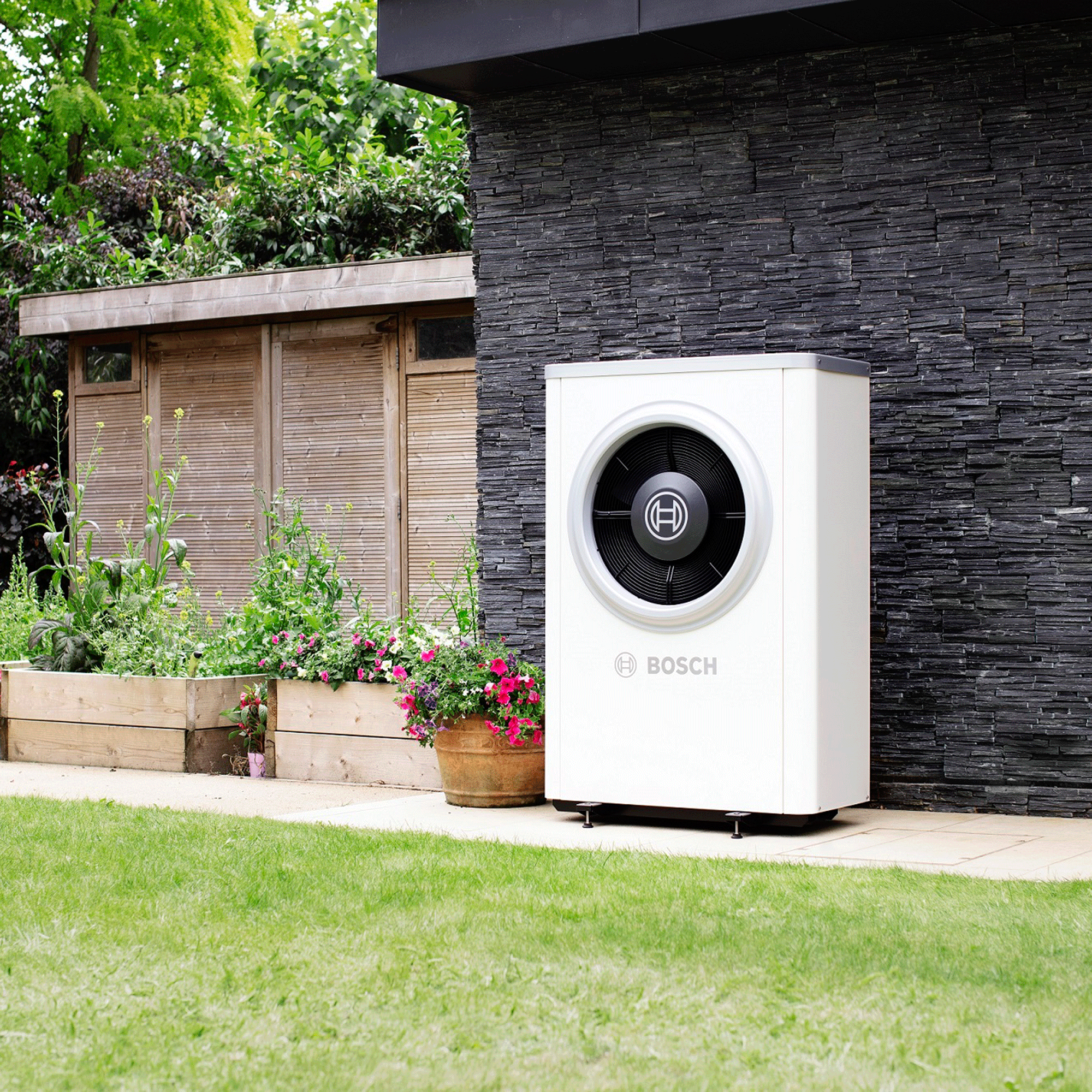
Will I have to pay back the grant?
BUS grants (England and Wales) don’t need to be repaid. In fact, they go direct to the installer and the installer does the application for you, so it’s like getting a large discount on your new heat pump.
Home Energy Scotland Loans do need to be repaid. The loans are interest-free and you have to repay over five, ten or 12 years, depending on the size of the loan. Plus you receive initial cash back to help with installation costs.

Caramel Quin is an award-winning journalist and professional nerd who tests technology for newspapers, magazines and online. She has written for Ideal Home since 2012. She prides herself on real-world testing and translating geek speak into plain English. Her pet hates are jargon, pointless products and over-complicated instruction manuals.
-
 I tried out this neat little dehumidifier for a month – it dried my laundry in half the time
I tried out this neat little dehumidifier for a month – it dried my laundry in half the timeThe 20L SmartAir Dry Zone dehumidifier tackled my laundry drying woes head on
By Jenny McFarlane
-
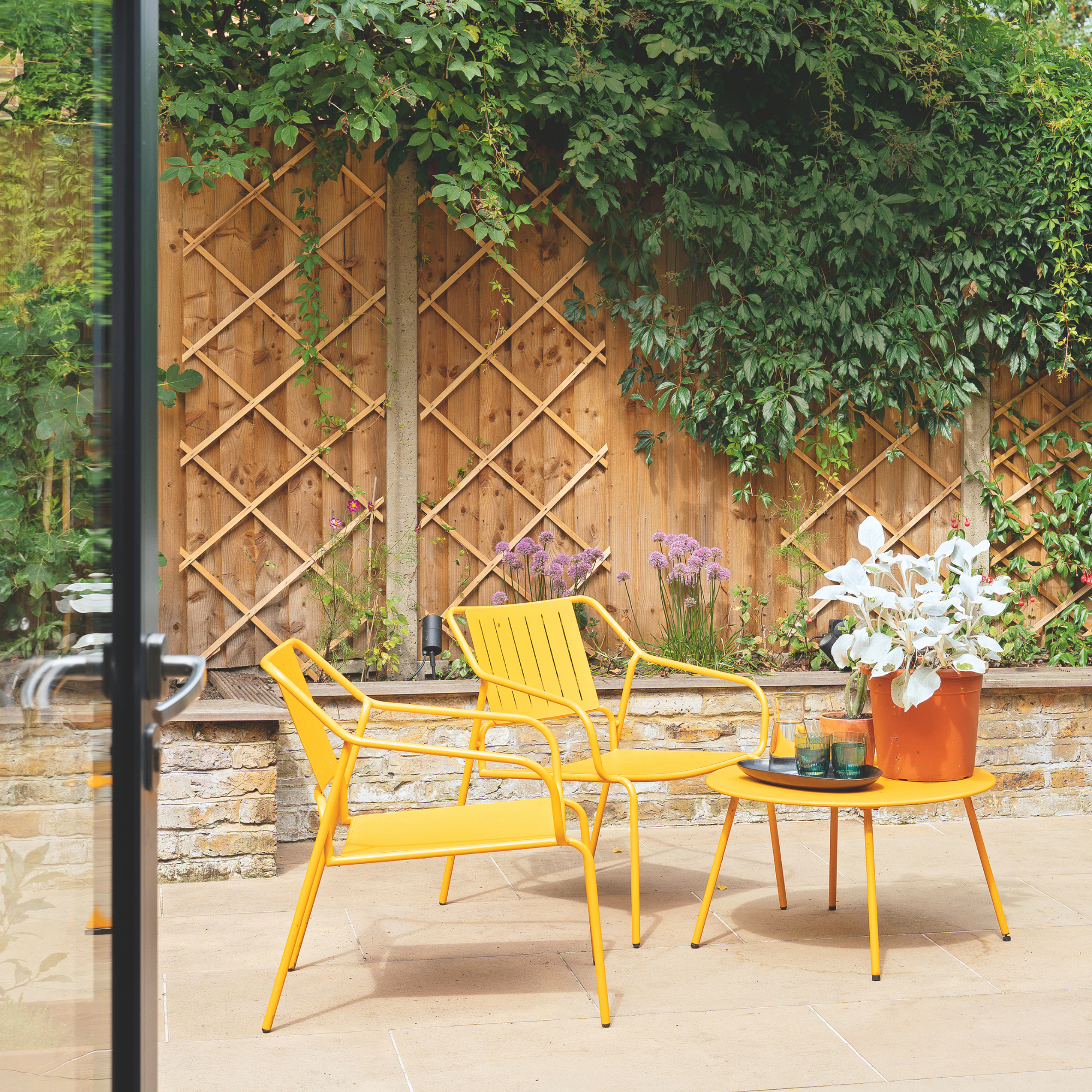 I’m seeing pastel garden furniture at all my favourite brands this spring, but QVC’s sorbet collection impressed me the most
I’m seeing pastel garden furniture at all my favourite brands this spring, but QVC’s sorbet collection impressed me the mostFresh pastel shades are a great way to liven up your outdoor space
By Kezia Reynolds
-
 Don't tell my flatmates, but Joseph Joseph's clever new sink range finally made me enjoy washing up
Don't tell my flatmates, but Joseph Joseph's clever new sink range finally made me enjoy washing upI didn't know stylish washing up accessories existed until I saw this collection
By Holly Cockburn